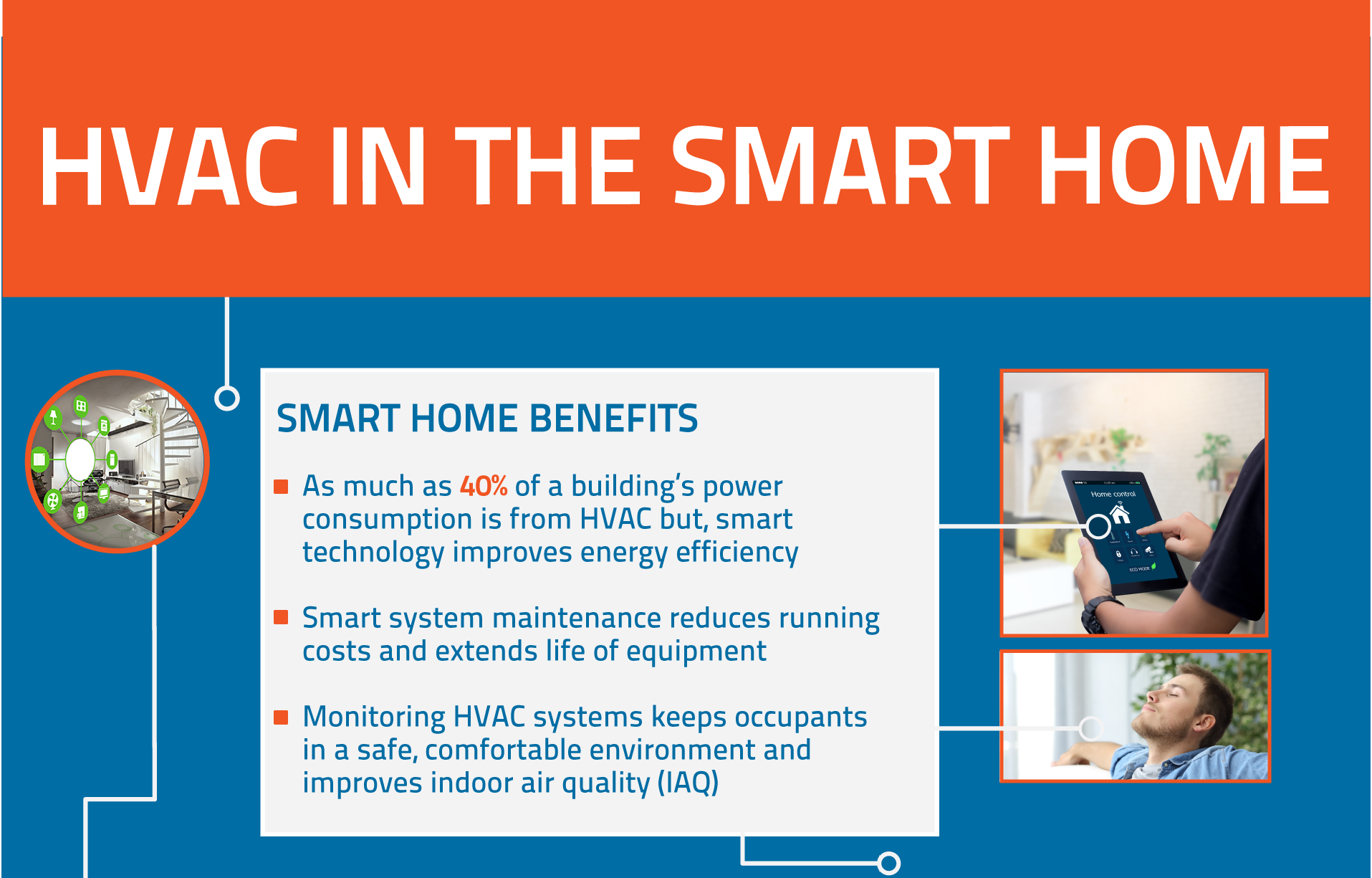Checking Out The Environmental Benefits Of Warm Pumps - A Lasting Home Heating Service
Checking Out The Environmental Benefits Of Warm Pumps - A Lasting Home Heating Service
Blog Article
Authored By-Moser Otto
In an age where sustainability and energy performance are extremely important, many organizations look for environment-friendly home heating options. One such solution is the heatpump.
A heatpump removes the warmth in its environments and pumps it right into your home, resulting in among one of the most effective environmentally friendly main furnace around. This process also produces absolutely no greenhouse gas discharges, making it a very sustainable technology.
Power Efficiency
Heatpump are really energy efficient and need little upkeep. They use less electrical energy than various other heater and are by far the most eco-friendly. They function well with roof solar and can often pay for themselves in energy cost savings alone.
They can additionally supply air conditioning, which is wonderful for garage workshops, attic hangouts and perk rooms, and home additions without extending the existing ductwork. They can also be utilized for retrofits in existing homes with hydronic (water-based) distribution systems such as low temperature level radiators or radiant floorings.
Search for versions with SEER and HSPF ratings that satisfy or surpass Canada's minimum standards, in addition to the standards in your region. Higher scores indicate higher efficiency, which saves you cash over time and reduces your carbon footprint. You may even get approved for refunds and motivations! The best units are those with a ground heat exchanger for included efficiency. These systems can absorb thermal energy from the ground throughout the winter season and essence it in the summer.
Lowered Greenhouse Gas Emissions
Heat pumps run on electrical power and basically move heat from the air, even when it's chilly outside. They have the ability to draw out the cost-free heat caught in air particles and move them indoors, decreasing humidity while doing so.
Compared to gas heating systems, modern heatpump use less than one kilowatt of electrical power per kilowatt of heating power they produce. This makes them one of the most energy reliable heating choice available with a COP (Coefficient of Performance) of 4 or more. By reducing the requirement for fossil fuels, heat pumps help in reducing greenhouse gas emissions and reduce other significant air contaminants.
Building decarbonization is a worldwide essential, and the HVAC sector is a crucial vehicle driver of that procedure. Whether it's investor making net absolutely no commitments, plan manufacturers setting exhausts restrictions, or occupants demanding greener rooms, electrical heatpump are being acknowledged as a necessary option. They are a cost-efficient way to lower carbon exhausts by getting rid of the requirement for nonrenewable fuel sources in buildings.
Convenience
Heat pumps can be utilized in lots of sorts of homes and buildings-- with or without air ducts. They deal with hot-water radiators, air-conditioning and programmable thermostats. They can change furnaces or be set up in brand-new residences. They can work on photovoltaic panels, geothermal systems or even area heating resources like wastewater.
They're excellent at supplying even more heat per energy device. For example, an air-source heat pump produces approximately three or even more home heating systems from each electricity device it consumes.
Obtaining one of the most from your heatpump will depend upon your environment area and top quality of insulation. Seek models with power STAR rankings and contrast their SEER or HSPF specifications. In warmer environments, focus on SEER; in chillier regions, consider a system with a higher HSPF rating. On top of that, invest in air sealing and insulation to lower the load on your heatpump. That will certainly boost power effectiveness and aid you reach your Web Absolutely no goals much faster.
Biomass Boilers
Biomass boilers make use of wood pellets, chips or logs to develop warm and hot water. They are a good selection for off-grid properties or those that intend to get off the gas grid.
As a standalone furnace, biomass can give sufficient energy to maintain your home cozy all year round without the typical warm drop off of other sustainable technologies. They can also be utilized in conjunction with solar panels to maximise financial savings and gain from RHI repayments.
A disadvantage of these systems is the ahead of time cost and routine gas shipments. Frequently, pellets will certainly need to be blown right into a gas store making use of a vacuum system or they can be by hand fed right into the boiler through a receptacle. linked here are normally self-sourced from neighboring forest or gotten wholesale. As well as this, they need hands-on loading and may need cleansing regularly.